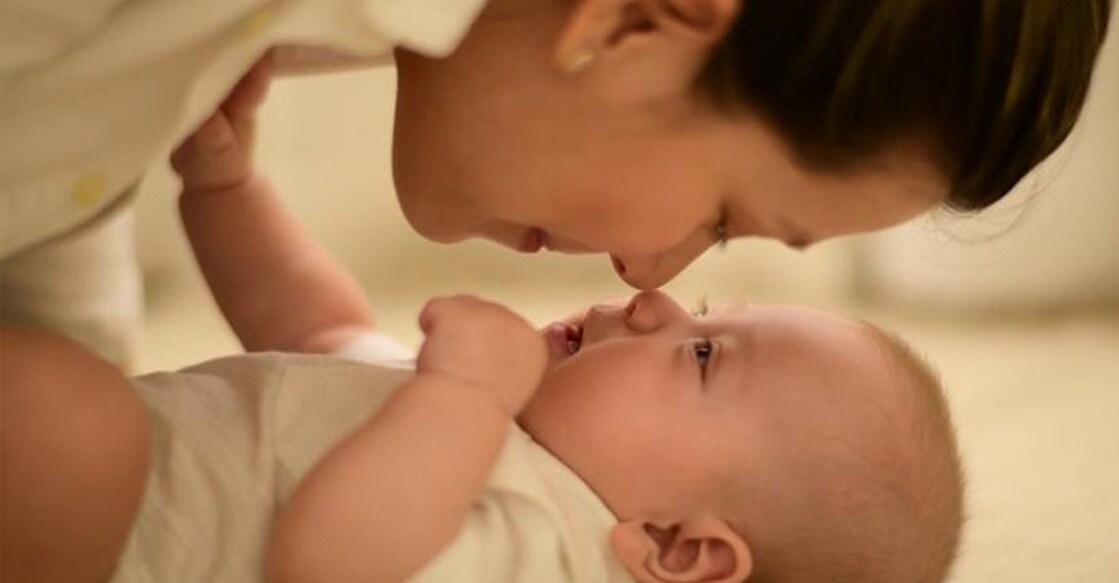Experts say IVF industry to soon see pre-Covid activity levels

Mail This Article
New Delhi: The acceptance of IVF has increased among those who want to get pregnant because of increased and easier availability of information, improved awareness and easier access due to the establishment of more IVF centres. Experts believe that the IVF industry could soon start to come out of Covid-19 related disruptions.
In 2020, the IVF industry was shut down for more than half of the year. Even after that, the industry is yet to resume to its full capacity -- most of the IVF clinics are operating at a maximum of 70 per cent of its capability. Given that we now have a better idea of the virus and that a vaccine is a matter of time, I am hopeful that we are likely to cope with the Covid-related disruptions better in 2021, said Dr Gauri Agarwal, IVF and Infertility Specialist, Founder - SOI and Genestrings Diagnostic Center.
"This, in turn, will boost the confidence of people to come forward and seek treatment. Hence, IVF clinics can expect to go back to their pre-Covid activity level. The next important development will be an increase in egg freezing, especially in the urban areas. However, the most important factor driving all of these will be awareness about infertility without any bias and an open environment to discuss and support the couple. Fertility services as a part of the reproductive medical tourism is likely to suffer as travel permissions may remain restricted to serious and urgent cases.
"The IVF industry is driven by technology and therefore there is an intrinsic relation between the two. What encourages us the most is that now the government has realised the importance of cutting-edge technology in ensuring the desired pregnancy outcome and have included provision of preimplantation genetic screening in the Assisted Reproductive Technology (ART) Regulation Bill 2020. Technologies like PGS and pre implantation genetic diagnosis (PGD) are the cornerstones of healthy babies as they reduce the chances of any genetic disease for any reason to near-zero.
It gives a healthy life to the baby and the freedom to mothers to conceive as and when they wish. Practitioners must aim to assimilate underused or unused technologies such as artificial intelligence and machine learning into the fertility services they offer for better outcome and a gradual reduction of cost as well," the specialist said.
"IVF cycles will soon pick up. Technology is developing in this area with a view to minimise patient contact. Portable ultrasounds have been developed which patients are given temporarily. She is trained to do a transvaginal ultrasound herself and the picture transmitted to the IVF unit via mobile," said Dr Renu Misra, Head of Department at Miracles Fertility and IVF, Gurugram.
According to Dr Manish Banker, Medical Director, Nova IVF Fertility, there is a gradual rise in the number of women delaying pregnancy for career or personal reasons leading to increasing use of freezing eggs or embryos in single and married women respectively.
"The global digital evolution in the pandemic has also impacted the IVF industry. The experts are increasingly using Artificial Intelligence to understand which procedure and protocol is best suited for a couple. Another emerging trend which we are witnessing is educated and working couples not wanting twins and hence a rising trend of electively transferring only a single embryo."

